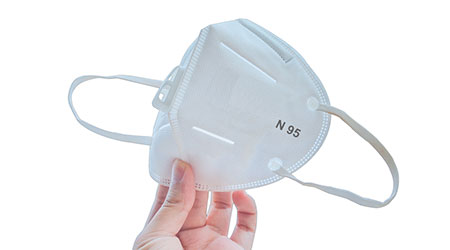Front-line healthcare workers, hospital officials and the Food and Drug Administration report that mask shortages persist, according to an article on the Star Tribune website.
Pressure on the medical supply chain started in March and has become even worse, according to the American Medical Association. Part of the problem is getting crucial materials to make N95 masks.
The Associated Press has found the federal government took months to sign contracts with companies that make a crucial component — meltblown textile — inside these masks.
Meltblowing turns plastic into the dense mesh that makes N95 masks effective.
Read the full Star Tribune article.

 Mature Dry Surface Biofilm Presents a Problem for Candida Auris
Mature Dry Surface Biofilm Presents a Problem for Candida Auris Sutter Health's Arden Care Center Officially Opens
Sutter Health's Arden Care Center Officially Opens Insight Hospital and Medical Center Falls to Data Breach
Insight Hospital and Medical Center Falls to Data Breach The High Cost of Healthcare Violence
The High Cost of Healthcare Violence EVS Teams Can Improve Patient Experience in Emergency Departments
EVS Teams Can Improve Patient Experience in Emergency Departments